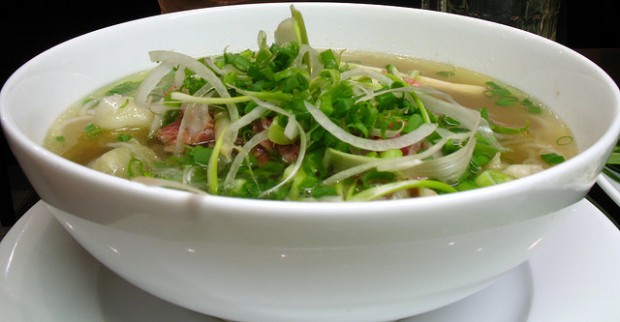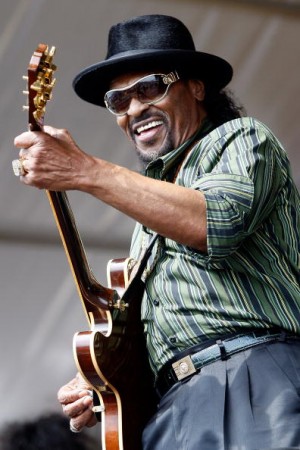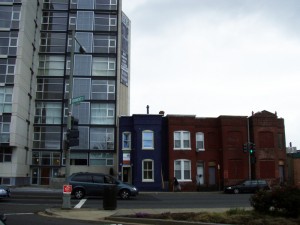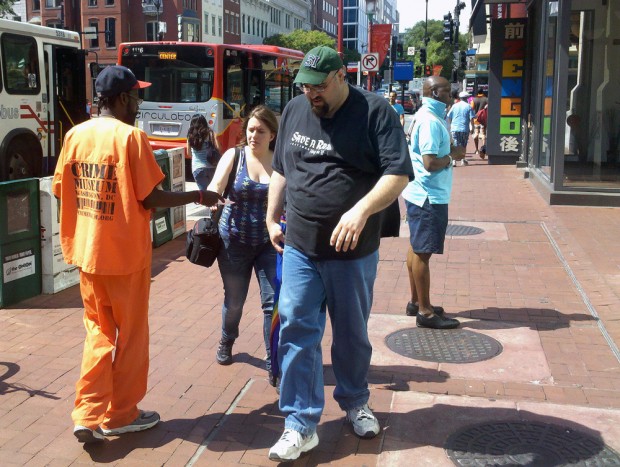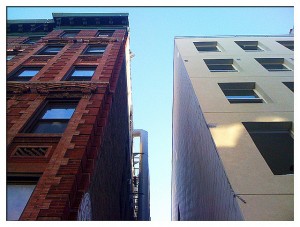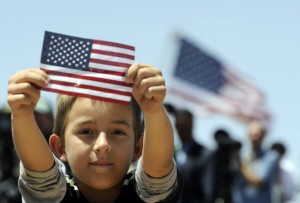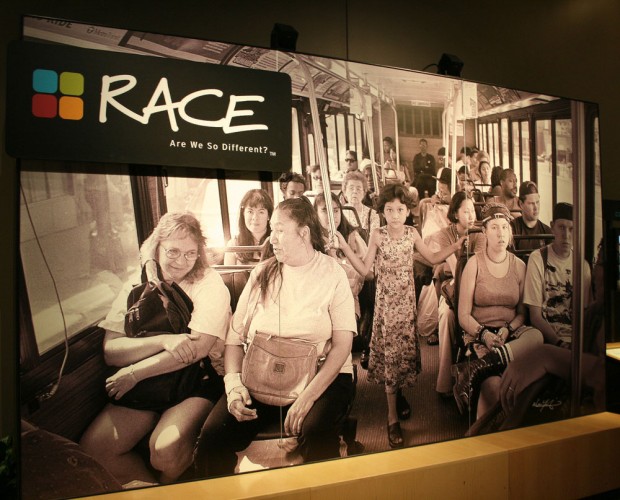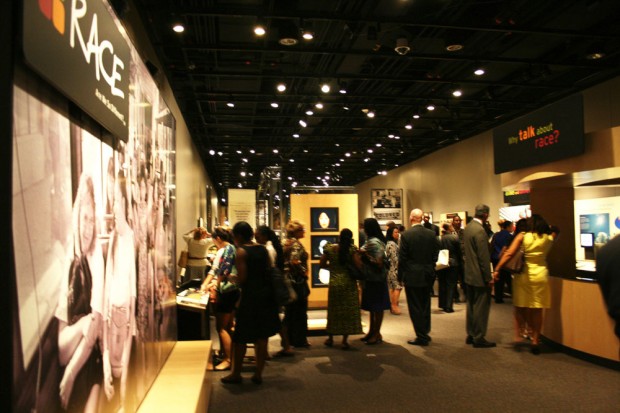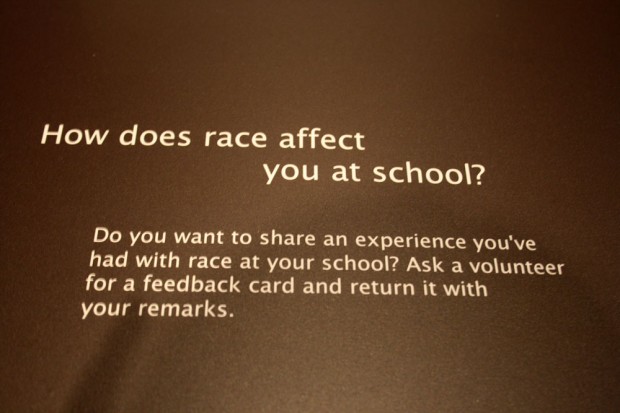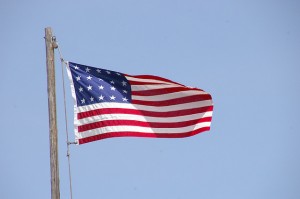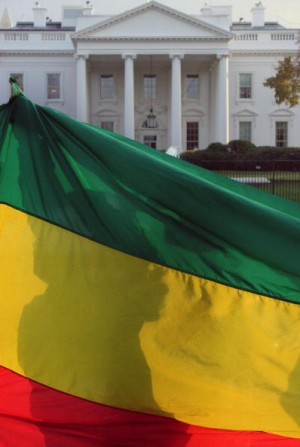
Karen Bleier / Getty Images
The D.C.-area is home to the largest Ethiopian immigrant community in the U.S.
Looking for an event that relates to race or class in D.C.? DCentric will be regularly posting event listings we believe will be of interest to our readers. If you have an event you think we should feature, email dcentric@wamu.org.
What: The First Annual Ethiopian Heritage Festival.
When: The weekend-long event starts at 5:30 p.m. on Friday, at 11:30 a.m. on Saturday and at noon on Sunday. Children under 13 are free on all days.
Where: Friday’s events will be held at Georgetown University’s art department building (1221 36th St. NW). Saturday and Sunday events will be at the university’s Multi-Sport Facility (3700 O St. NW).
Cost: Friday is free, Saturday admission is $10 and Sunday admission is $15.
Why you should go: The D.C.-area is home to the nation’s largest Ethiopian community, and this is the Ethiopian Heritage Society’s first festival, so why not be a part of history? Organizers want the event to be a place where “Ethiopians from all different background[s], ethnicity, religions, beliefs, values, and political opinion[s] gather and celebrate our common heritage and home – Ethiopiawent.” The weekend will feature food, music, poetry readings, coffee ceremonies, concerts, a soccer tournament and cultural shows.
Other events to consider: “A.C.T.O.R. (A Continuing Talk On Race)” takes place from 5 to 7 p.m., Sunday at Busboys and Poets (2021 14th St. NW). This installment of the monthly discussion, which seeks to provide a space for honest discussions about race, will focus on “what actions we can take to undo race-based oppression.”




